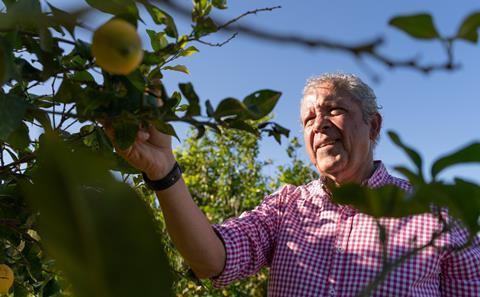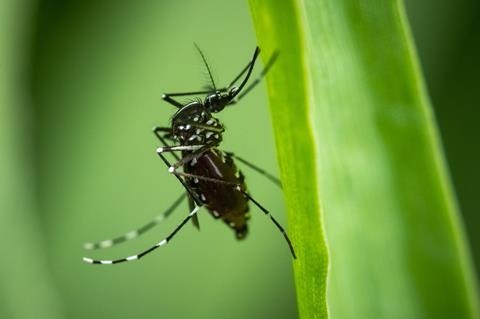’Public health must prevail over absurd and senseless political ideologies,’ says president of agricultural association Asaja Murcia

One of Spain’s largest agricultural organisations says the European Union must do more to help fruit growers tackle a mosquito plague which, it argues, has the potential to adversely affect fruit production in the east of the country.
In a statement, the president of Asaja Murcia Juan de Dios Hernández called on the EU to approve the use of certain insecticides, so that producers of citrus and other key crops could protect their crops from the insects.
“We call on the EU to take responsibility and request that the regulations regarding phytosanitary products be reviewed to eradicate this pandemic of harmful bugs, which directly affect our interests and, most seriously, people’s health,” he said, pointing out that there have already been fatalities linked to the outbreak. “Public health must prevail over absurd and senseless political ideologies.”
According to De Dios Hernández, a lack of approval for phytosanitary products to combat mosquitos is part of a wider problem which leaves growers unable to defend their crops against several different pests.
“Across the entire Spanish Levant there are thousands of hectares – mostly made up of agricultural plantations and more specifically citrus trees – which we could treat and combat this pest and many others, which directly affect the quality of our products,” he commented. “[We face] an endless number of pests, mostly imported from other producing countries, which are leading us to abandon our agricultural work.”

‘Unprepared’ for invasion
The European Centre for Disease Prevention and Control recently stated that climate change has already led to mosquitos spreading into previously unaffected areas of Europe. The tiger mosquito, which is said to be among the world’s most invasive species, is spreading across vast swathes of Europe, it says.
In areas that depend on agriculture, concern is especially high over the insects’ potential to spread dengue fever, malaria, and West Nile Virus. Although these specific diseases do not directly affect crops or animals, the impact on workers can be significant.
In June, officials in Valencia authorised the release of one million sterile tiger mosquitos in a move designed to reduce the spread of the plague. Then at the start of July, local councillors in parts of Seville called on Andalusia’s community government to address the situation.
Earlier this year, Prof Rachel Lowe told a meeting of the European Society of Clinical Microbiology and Infectious Diseases in Barcelona that more should be done to address climate-related escalation in mosquito-borne outbreaks.
“Global warming due to climate change means that the disease vectors that carry and spread malaria and dengue can find a home in more regions, with outbreaks occurring in areas where people are likely to be immunologically naive and public health systems unprepared,” she told The Guardian.
For De Dios Hernández, the EU must urgently review its regulations so that growers can use certain pesticides to eradicate the pests. It’s a problem that can only get worse, given the expected rise in average temperatures.
“Climate change is the perfect cocktail for the proliferation of these species,” he adds. “Very warm temperatures during the day and a bit of coolness at night. Therefore, we have to get used to the idea that this will only increase if we do not find an effective remedy.”








